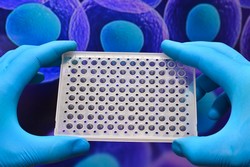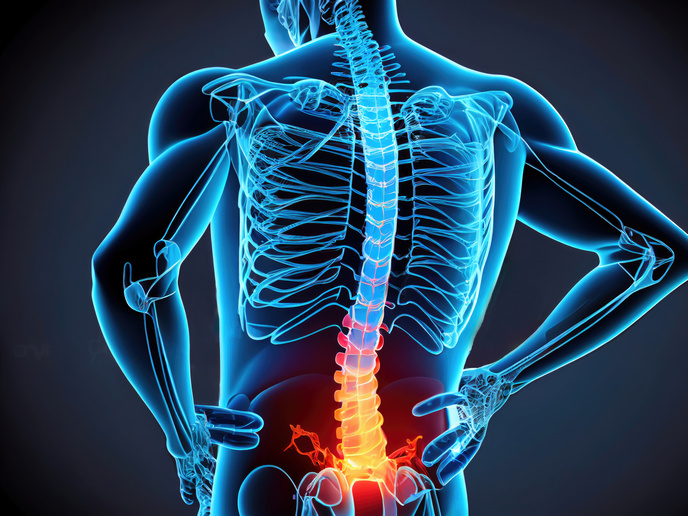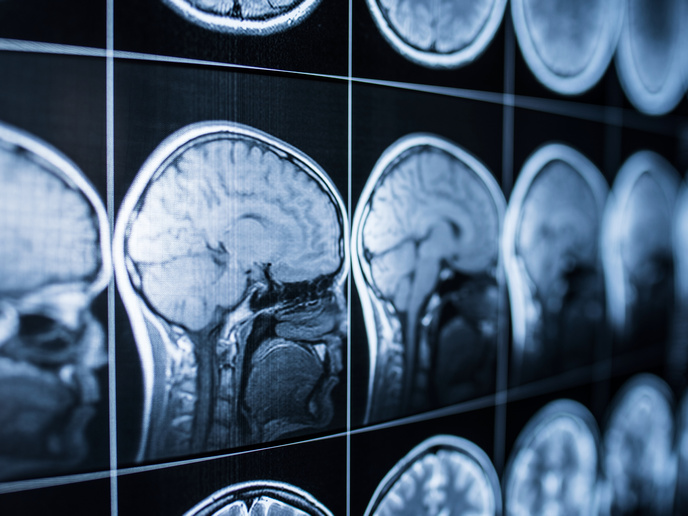Proteomic changes in lysosomal storage diseases
LSDs are a group of approximately 50 inherited disorders. These are caused by an alteration or loss of function of enzymes that are responsible for the degradation of macromolecules such as lipids and proteins in cells. Although LSDs are clinically heterogeneous, the accumulation of macromolecules can lead to neurological symptoms or skeletal abnormalities. Research so far has focused on the role of specific proteins or defects in particular cell types. Although the outcome of these studies provides important pieces of the puzzle, the whole picture of LSD remains incomplete. Scientists of the EU-funded STORAGE PROTEOMICS (Quantitative large scale proteomics of lysosomal storage disease) project proposed to study the entire protein content in a given cell through liquid chromatography tandem mass spectrometry. In this context, they used different isotopes to perform relative quantification and compare protein levels among cells. The consortium compared thousands of proteins between diseased and healthy cells and investigated changes occurring due to lysosomal storage defects. To draw a global picture of the processes deregulated in LSDs, researchers studied these proteins in terms of function and subcellular localisation. Analyses of primary cultures of hippocampal and cortical neurons resulted in interesting observations. Additional experiments using the inhibitor U18666A, which mimics the cellular phenotype of the lipid storage disorder Niemann Pick Disease Type C, showed a strong regulation of the cholesterol synthetic pathway. Furthermore, analysis of sciatic nerves of metachromatic leukodystrophy mice identified various differentially expressed proteins. Although this warrants further investigation, it provides the basis for understanding the underlying mechanism of this disorder. Collectively, the project describes in an unprecedented way, the cellular consequences of lysosomal storage and has the potential to lead to the identification of new therapeutic targets.







